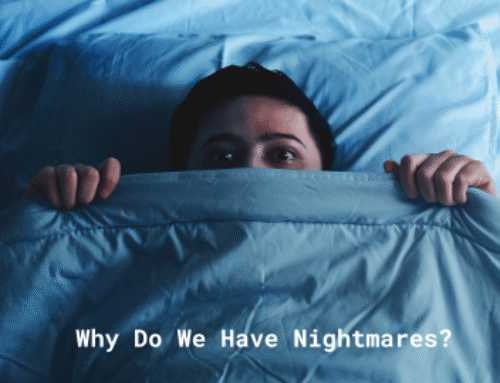Chronic depression manifests itself differently in different people. For some, sleep comes easy. In fact, a constant desire to sleep prevails. However, for some the opposite is true: A failure to sleep. Chronic fatigue and constant restlessness is a common symptom of depression and a difficult one to manage. Stress is also a huge factor that relates to depression and chronic fatigue.
One of the challenges of chronic fatigue is an inability to get adequate sleep. As tired as you are you find yourself constantly tossing and turning and never getting the deep sleep you need to feel rested.
It is not uncommon to turn to prescription medications to help with depression, stress and lack of sleep. However, if you would rather use a holistic approach below are some ideas you can try to naturally de-stress and get needed sleep.
- Counseling and Therapy: First and foremost, it’s important to identify what is causing your stress. Sometimes internalizing worries and fears perpetuate unnecessary stress reactions. Talking it out is a way of letting them go and not letting them fester. Also, talk therapy may shed light on anxieties you didn’t even know you had. When living a busy life, your struggles may not always be apparent, talking can change that.
- Essential Oils and Aroma therapy: Simply put, scents have a way of directly accessing parts of the brain that control feelings of anxiety, worry and panic. Oils can be inhaled directly, applied to your skin, added to your bath or shower or added to the air using a diffuser. Lavender, lemongrass, tea tree and sage are popular favorites.
- Go outside: Being in nature has an amazing ability to calm the senses, balance the mind and body and re-acclimate your mood. All you may need is 20 minutes a day to improve your state of mind. Being immersed in natural landscapes may help you see the bigger picture and quiet your fears.
- Meditation and breathing: Taking a few minutes each day to be still has the power to reduce stress and the fight-or-flight response triggers. It’s as simple as focusing on just on your breathing and being mindful about the moment you are in. This may be tough at first but consistency and practice will strengthen your skills. There are also numerous websites and phones apps with guided meditations to lead you.
- Eat well and exercise: This can never be said enough. How well you take care of your body determines how well your body takes care of you. Eating healthy foods, specifically lots of fruits and vegetables, keeps blood pressure, organ function and brain function all running smoothly. Exercise is a great way to release pent up energy and relocate stress.
In conclusion, if you feel that stress is the reason you are depressed and having trouble sleeping then the best way to combat stress is to stop it at its source. This might be through self-reflection and physical work or simply taking the time to be by yourself and purposefully relax (or both!). Whichever way you choose is a way for you take control instead of letting stress take control of you.



